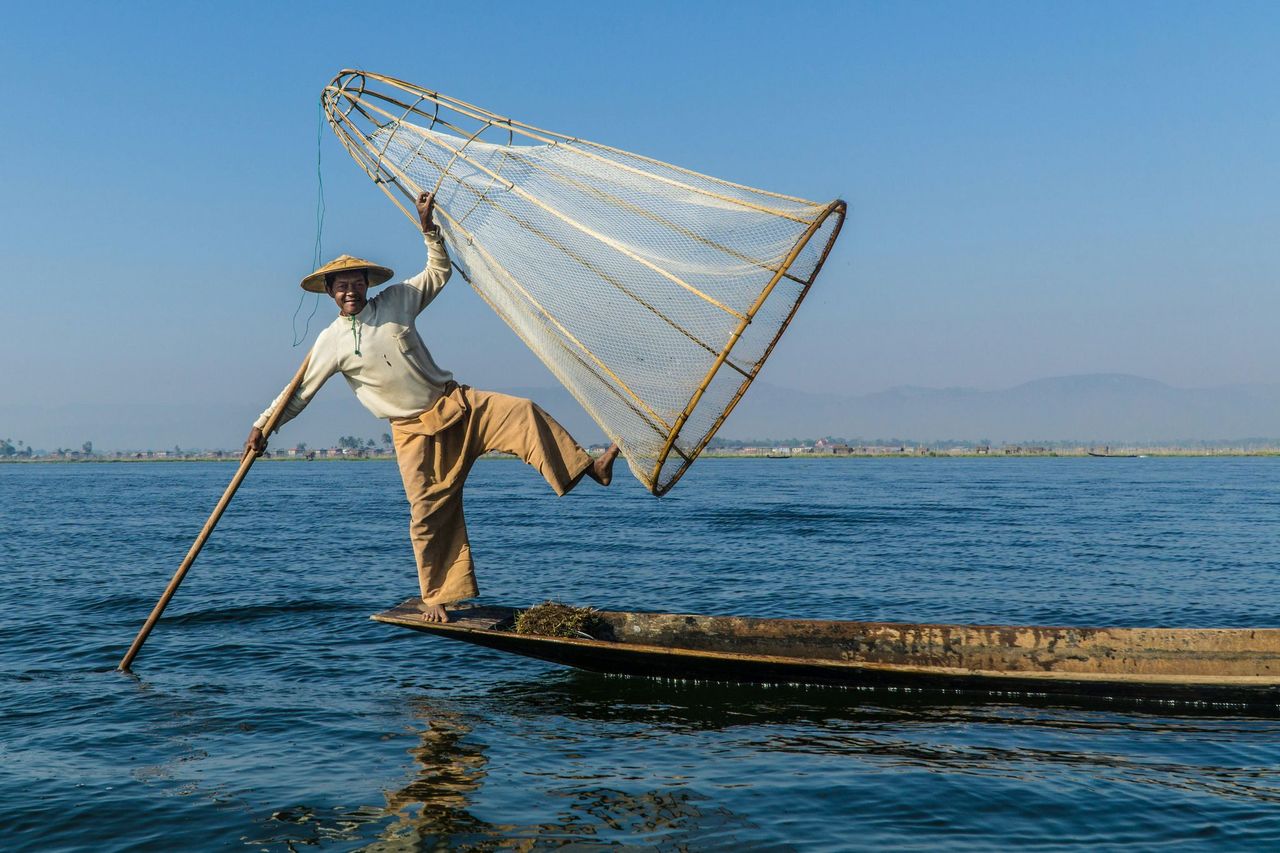Powered by

Powered by



Food systems are at risk worldwide but the economic and environmental potential for transformation is huge. The Food and Agriculture Organization of the United Nations (FAO) estimates that one in eleven people globally still face hunger, while US$400 billion worth of food is lost getting it from farms to retail, with more food wasted by consumers. Food systems transformation could yield benefits up to US$5 trillion per year. But how do we transform food systems in a way that is consistent with economic, social, and political realities and benefits the most vulnerable?

SDG(s)
Sustainable Development Goal(s)
 1No poverty
1No poverty 3Good health and well-being
3Good health and well-being 4Quality education
4Quality education 6Clean water and sanitation
6Clean water and sanitation 8Decent work and economic growth
8Decent work and economic growth 9Industry, innovation and infrastructure
9Industry, innovation and infrastructure 15Life on land
15Life on land 5Gender equality
5Gender equality 12Responsible consumption and production
12Responsible consumption and production 13Climate action
13Climate action 10Reduced innequalities
10Reduced innequalities 11Sustainable cities and communities
11Sustainable cities and communities 14Life below water
14Life below water